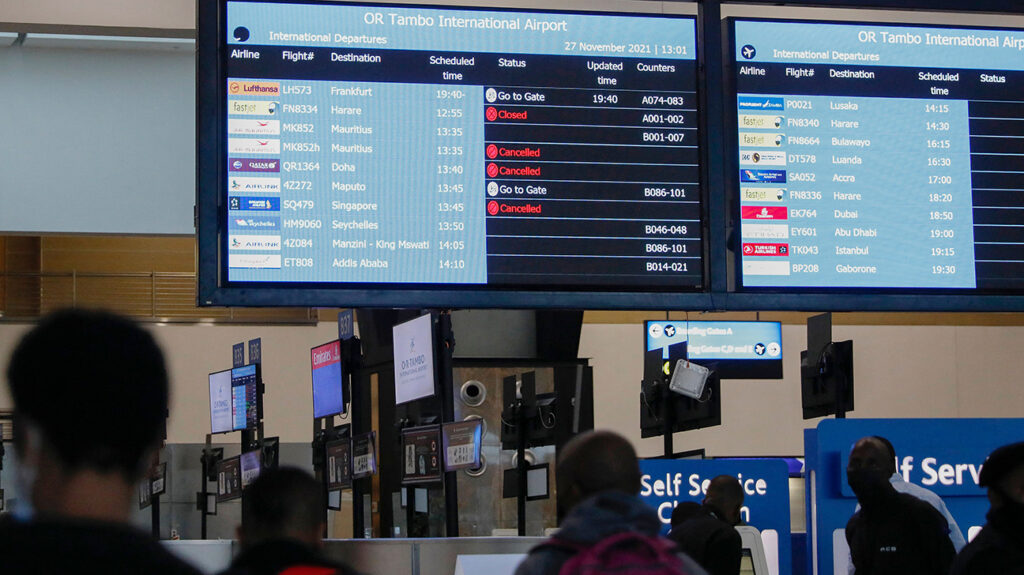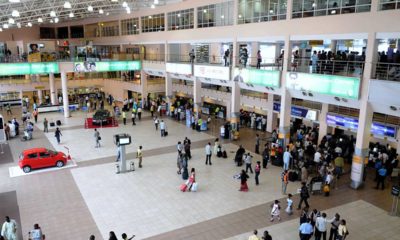Finance
Travelers Should Buy Tickets in U.S. Dollars to Ease Trapped Fund Crisis – Demuren
Dr. Harold Demuren asks FG to sell first-class passengers’ tickets in U.S. Dollars while economy class should be sold in Naira to ease the trapped fund crisis

Finance
Presidential Committee to Exempt 95% of Informal Sector from Taxes
Banking Sector
CBN Governor Vows to Tackle High Inflation, Signals Prolonged High Interest Rates
Banking Sector
NDIC Managing Director Reveals: Only 25% of Customers’ Deposits Insured
-

 Naira4 weeks ago
Naira4 weeks agoDollar to Naira Black Market Today, April 24th, 2024
-

 Naira4 weeks ago
Naira4 weeks agoDollar to Naira Black Market Today, April 22nd, 2024
-

 Travel3 weeks ago
Travel3 weeks agoSaudi Arabia Breaks 70-Year Alcohol Ban, Opening Shop for Diplomats
-

 Naira3 weeks ago
Naira3 weeks agoDollar to Naira Black Market Today, April 25th, 2024
-

 Jobs4 weeks ago
Jobs4 weeks agoJob Cuts Hit Tesla: More Than 6,000 Positions Axed Across Texas and California
-

 Naira3 weeks ago
Naira3 weeks agoDollar to Naira Black Market Today, April 30th, 2024
-

 Investment4 weeks ago
Investment4 weeks agoMinister Accuses Past NCDMB Leadership of Squandering $500m on Unproductive Projects
-

 Travel4 weeks ago
Travel4 weeks agoDelta Air Lines Flight Diverts to Togo After Passenger Dies Midair


























